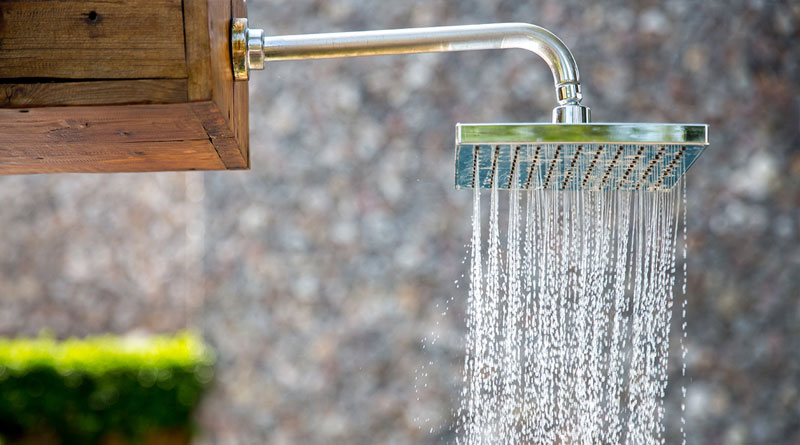
14 Aug Water Saving Tips for Bathrooms
About 40% of all water used in the home is in the bathroom and much of that is wasted.
Ensuring efficient use of water in your home bathroom can be a huge step towards significant savings on your water bills.
Baths
Many people believe that baths waste a lot of water. However, often a bath may use less water than showering. Follow these tips to ensure that you are using the bath water wisely.
• Only fill the tub with as much water as needed. Use less for children and pets.
• Check the temperature as you fill. Adding extra water to get the correct temperature after the bath is at the right level is wasteful.
• Regularly check your plug for leaks and replace as necessary.
• Bucket used bath water onto the garden or use it to wash your car.
• Check that soaps and detergents in the water will not harm garden plants.
Showers
Modern water efficient showerheads use no more than 9 litres of water per minute, while old style showerheads use up to 20 litres per minute. If you shower for six minutes, a water efficient showerhead can save up to 50 litres of water for each shower or up to 20,000 litres of water per person per year.
• Take shorter showers. Limit time spent in the shower to soap up, wash down, and rinse off. Shorter showers save on energy costs associated with heating water.
• Use a bucket to collect water while waiting for the shower to get hot.
• Shave your legs before taking a shower. Use running shower water to rinse off.
• Make sure your hot water system thermostat is not set too high. Adding cold water to reduce the temperature of very hot water is wasteful.
Leaking toilets
A continuously running toilet can waste up to 60,000 – 96,000 litres of water per year, yet toilet leaks often go unnoticed as the water trickles down the back of the bowl.
Follow these simple steps to check if your toilet has a leak:
1. Remove the lid of your toilet cistern.
2. Place a few drops of food dye into the cistern.
3. Do not flush your toilet for 10-15 minutes.
4. If the dye has seeped down into the bowl when you return, then you know you have a leak.
Toilet leaks are often a result of the rubber valve in the cistern deteriorating. You can contact a licensed plumber to fix this for you. It is important to check your toilet for leaks every few months so you can be sure it is not wasting any water.
Source: smartwatermark.org/Victoria
